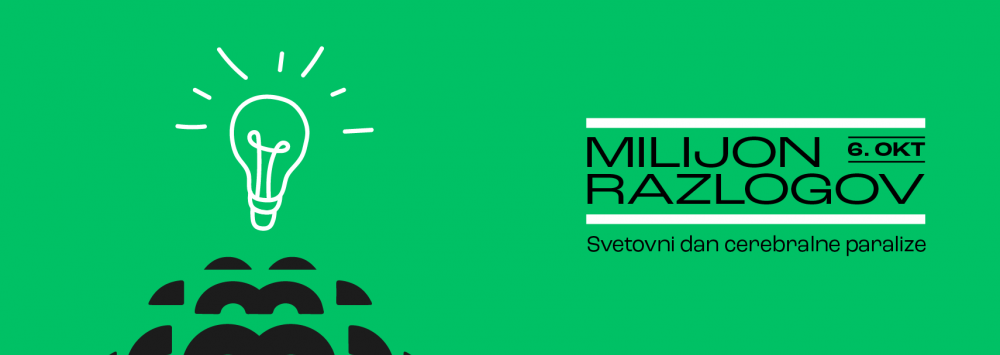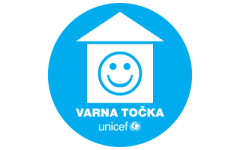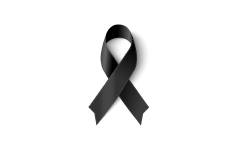Join the circle of CD enthusiasts, staying up-to-date with all the latest news, event announcements and special offers.

6 October – World Cerebral Palsy Day
6 October was declared World Cerebral Palsy Day (CP) in 2012. It is a global CP awareness campaign that aims to bring together more than 17 million people impacted by this disorder. Cankarjev dom joins the national organizers of the campaign, the Sonček Cerebral Palsy Association of Slovenia (www.soncek.org), in raising awareness about this disorder, the most common motor disability in childhood. On this day, Cankarjev dom's façade will be illuminated with green light. This year's World Cerebral Palsy Day is particularly notable, as the Sonček Association is celebrating its 40th anniversary.
Cerebral palsy (CP) is one of the most frequent causes of motor disability in children. CP is a group of permanent disorders of the development of movement, causing activity limitations that are attributed to disturbances that occurred in the developing foetal or infant brain. The average frequency of CP is 2 to 4 cases per 1000 live births.
This year's World Cerebral Palsy Day will be held under the motto Millions of Reasons for Affordable Technological Solutions (https://worldcpday.org/). The aim is to give everyone with cerebral palsy the same rights, accessibility, and opportunities as other people. Thus, Cankarjev dom joins the campaign in its aim towards greater social inclusivity of people with cerebral palsy. An important way to attain greater inclusivity is raising awareness about disability and about the importance of ensuring equal opportunities for persons with disabilities.
Sonček – Slovenian Cerebral Palsy Association fosters greater social inclusivity of persons with CP, advocating appropriate support and assistance to families with children impacted by cerebral palsy and other disabilities, providing all children with the opportunity to attend the same kindergarten, attend the same primary school in their hometown, providing all adults with the opportunity to realize their full potential in professional life and lead an independent life of their own choosing. They also advocate full inclusion of adults with equal inalienable civil rights, including the right to vote and to accessible environment and services.
It is time that Slovenia initiated a shift from an outdated medical model to a social disability model that emphasizes society's attitude towards persons with disabilities and places the individual at the centre of decision-making when it comes to decisions that affect them.
Dr. Jasna Murgel, President of the Sonček Association





